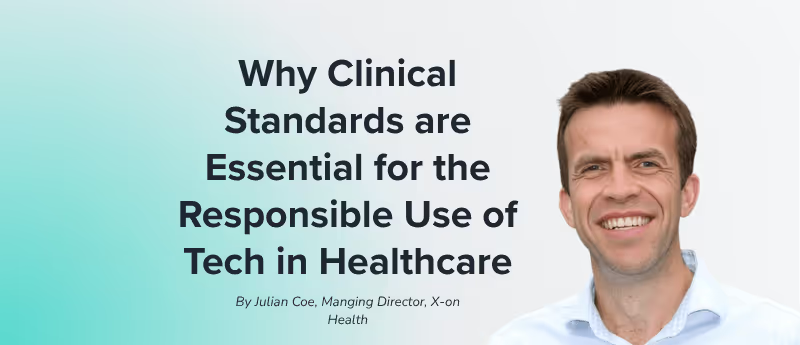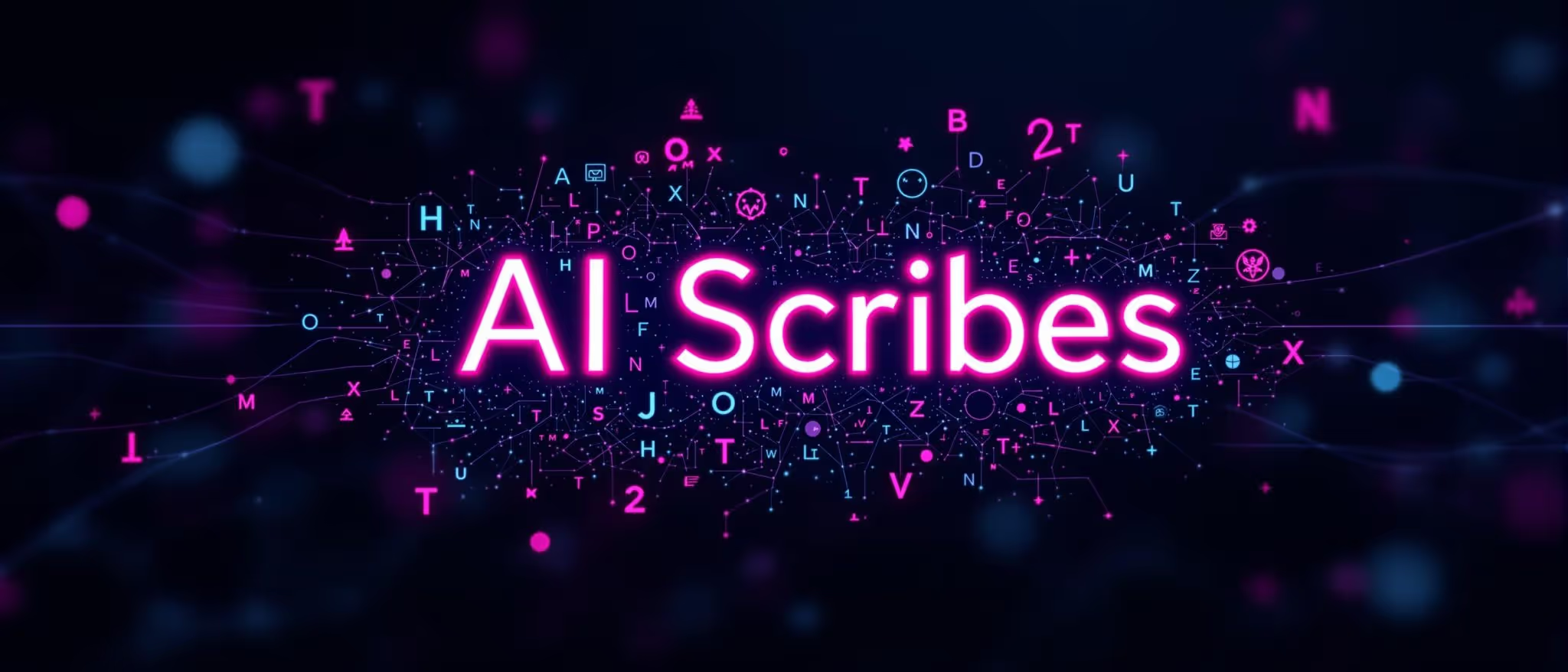Advancing precision medicine with AI for integrated multi-omics and clinical data analysis
Advancing precision medicine with AI for integrated multi-omics and clinical data analysis
.png)
In this interview, we speak with Zeeshan Ahmed (Rutgers University, NJ, USA) about the role of bioinformatics and multi-omics within precision medicine. Zeeshan provides his insight into the main challenges of integrating AI and machine learning (ML) into precision medicine and how the Ahmed lab at Rutgers Institute of Health is contributing to this field.
What is the goal/mission of the Ahmed lab at Rutgers Institute of Health?
My lab at Rutgers IFH/RWJMS is focused on implementing AI/ML approaches to whole genome and transcriptome data for the identification of patterns revealing predictive biomarkers and risk factors to support earlier diagnosis of patients with complex traits, including but not limited to cardiovascular and Alzheimer’s diseases. My research plan is underpinned with skills and resource development to build expertise in sequence-based genomic analysis, clinical variant interpretation and evidence-based diagnostic and prediction model development and validation.
How could combining bioinformatics tools with multi-omics clinical data advance precision medicine?
Massive volumes of multi-omics/genomics data have been generated, especially in the last couple of decades. However, we are still behind in completely understanding and interpreting it. Therefore, we need to use effective bioinformatics applications and develop novel useful AI/ML based methodologies to address current limitations in analyzing integrated multi-omics/genomics and clinical data. This will ultimately advance precision medicine by identifying patterns that reveal significant biomarkers and predict complex traits with high accuracy.
What is your most recent published paper about?
I have produced over 100 peer-reviewed publications as the first/last corresponding author including manuscripts published in the scientific journals, books, patents and conference proceedings. The most recent publications from my lab at Rutgers include but are not limited to:
- Venkat V, Abdelhalim H, Degroat W, Saman Z, and Ahmed Z. Investigating genes associated with heart failure, atrial fibrillation, and other cardiovascular diseases, and predicting disease using machine learning techniques for translational research and precision medicine. Genomics. 115(2), 110584 (2023).
- Wable R, Nair AS, Pappu A, et al. Integrated ACMG approved genes and ICD codes for the translational research and precision medicine. Database. baad033 (2023).
- Vadapalli S, Abdelhalim H, Zeeshan S and Ahmed Z. Artificial intelligence & machine learning approaches using gene expression and variant data for personalized medicine. Brief. Bioinform. 23(5), bbac191 (2022).
What do you think the main challenges are to integrating AI/ML into personalized treatments?
I would like to draw your attention to a couple of considerations to answer your question:
Firstly, why have multi-omics/genomics data not been widely adopted on a regular basis in clinical settings to help practitioners provide precise medical treatment?
Secondly, the majority of scientific labs in the US and even around the globe are focused on disease (one or multiple-related) specific research. After sequencing whole genome and/or transcriptome data of patients, their major focus fixates on a limited set of genes, and the rest of the genomic information remains undiscovered and unresearched. Scientific labs must be able to analyze and interpret the rest of the human genome and/or transcriptome to discover potential information and breakthroughs that may lead to significant discoveries in medicine.
There could be many other challenges, however, to the best of our knowledge, the two problems I have discussed lead to lack of effective data science application and inadequate efficient utilization of computational resources.
In your opinion, what does the future hold for AI in precision medicine?
The next decade or so will mainly involve exploring and implementing AI/ML approaches to efficiently integrate, analyze and interpret multi-omics/genomics and clinical data for reproducible and predictive diagnostics.
Interviewee profile:

Zeeshan Ahmed is an Assistant Professor of Medicine – Tenure Track in the Department of Medicine, Division of General Internal Medicine, Rutgers Robert Wood Johnson Medical School (RWJMS); Rutgers Biomedical and Health Sciences (RBHS); and Core Faculty Member at the Institute for Health, Health Care Policy and Aging Research (IFH), Rutgers – The State University of New Jersey (USA).
He is trained as a computational scientist and student of science, driven towards the development of intelligent health systems, bioinformatics applications, and methods for multi-omics/genomics, phenotypic, and clinical data management, processing, integration, annotation, analysis, interpretation and sharing. Overall, his goal is to support the implementation of mainstream precision medicine using predictive diagnostics, and tailor better personalized treatments for patients with common and rare diseases.
Disclaimers:
The opinions expressed in this feature are those of the interviewee/author and do not necessarily reflect the views of Future Medicine AI Hub or Future Science Group.
.png)
.png)
.png)



